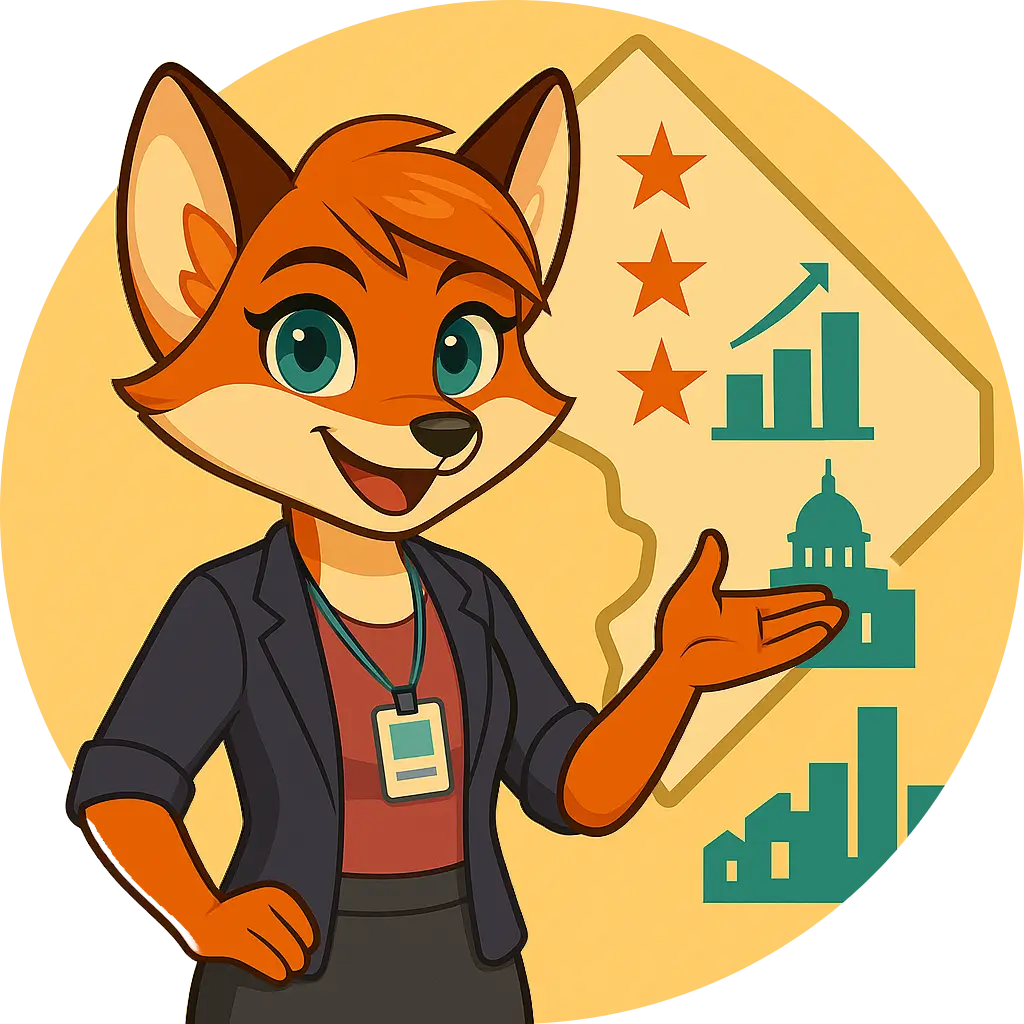

In the District of Columbia, afterschool and out-of-school time (OST) programs play a vital role in supporting youth development and academic achievement. Through initiatives like the Nita M. Lowey 21st Century Community Learning Centers (21st CCLC), the Office of the State Superintendent of Education (OSSE) has allocated substantial funding to local education agencies and community-based organizations. These programs collectively serve thousands of students and their families, providing high-quality afterschool and summer programming across the city.
DC's OST programs focus on academic support, enrichment activities, social-emotional learning (SEL), and college and career readiness. They are particularly aimed at assisting high-need and economically disadvantaged students, offering services such as tutoring, mentoring, and various enrichment activities. Funding for these programs comes from both federal and local sources, including Title IV, Part B of the Elementary and Secondary Education Act, as well as city-level investments. The city's OST landscape is further strengthened by coordinated efforts from networks like Learn24 and the DC Out-of-School Time Coalition, ensuring accessible and equitable programming across all wards.

